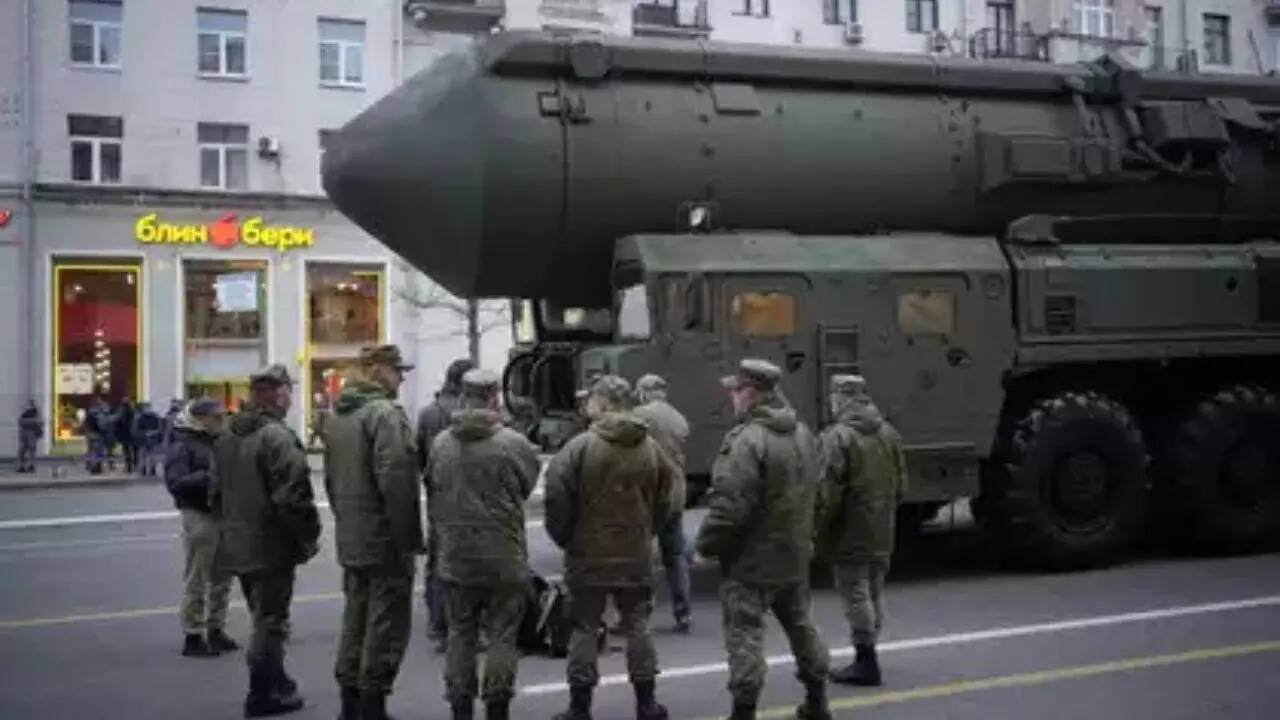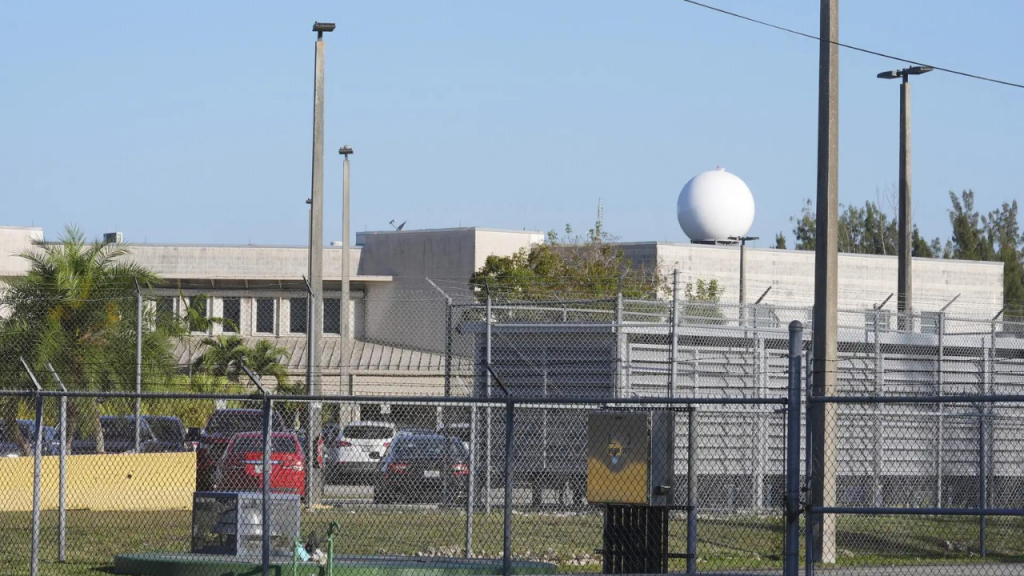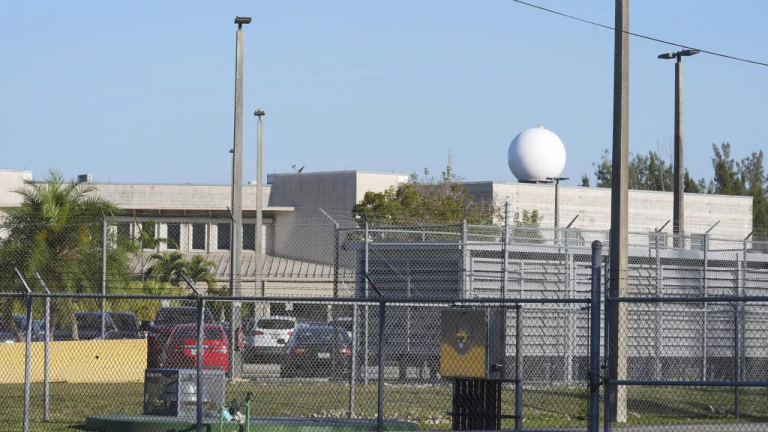After the Soviet Union collapsed, Ukraine inherited a substantial nuclear stockpile. However, due to financial constraints and geopolitical concerns, Ukraine decided to give up its nuclear weapons. The 1994 Budapest Memorandum was supposed to provide security assurances to Ukraine, but these guarantees were called into question when Russia annexed Crimea and backed separatists in Ukraine. The current conflict between Russia and Ukraine underscores the vulnerabilities of Ukrainian security in the absence of nuclear deterrence. The decision to disarm has left Ukraine exposed to external threats, making it imperative for the country to seek alternative security measures. The situation in Ukraine serves as a cautionary tale for other nations contemplating nuclear disarmament. It highlights the importance of reliable security partnerships and the need for robust defense strategies in an increasingly volatile geopolitical landscape. The repercussions of Ukraine’s nuclear disarmament continue to reverberate, emphasizing the complex interplay between national security, international relations, and nuclear proliferation. As Ukraine navigates these challenges, it must reassess its security priorities and forge alliances to safeguard its sovereignty and territorial integrity.

Posted in
JUST IN
Ukraine’s nuclear disarmament and security vulnerabilities exposed in Russia-Ukraine conflict post-Soviet era.
In Trend

“India’s Central Vista project faces legal challenge over environmental concerns”





















